US Marines sent to Afghanistan's Helmand province
US Marines have returned to Afghanistan’s southern Helmand province, the first to be deployed in the war-torn country since the North Atlantic Treaty Organization (NATO) ended its combat mission in 2014.
US General John Nicholson, the commander of American and NATO forces in Afghanistan, attended a ceremony on Saturday marking the return of the Marines to Helmand, where US forces faced intense fighting until 2014.
About 300 Marines will form part of the so-called Operation Resolute Support, described by NATO as a train, advise, and assist mission consisting of over 13,000 troops.
The Marines were among the first US forces sent to Afghanistan after the September 11, 2001 terror attacks in the US. Several thousand were deployed in Helmand, only for it to slip deeper into a quagmire of instability.
The deployment came one day after the Taliban militant group announced the start of its "spring offensive," a heightened campaign of bombings, ambush attacks, and other raids that begin as weather conditions improve.
Read More:
The new deployment is the latest sign of how the NATO military alliance is increasingly being drawn back into fighting in Afghanistan.
The Marines will largely operate from a sprawling installation known during earlier Marine operations as Camp Leatherneck, but will be based in other locations and could engage in combat.
The US has around 8,400 troops in the country with about another 5,000 from NATO allies.
The Pentagon said Wednesday that two US troops were killed in Afghanistan’s Nangarhar province during a military operation against the Daesh (ISIL) terrorist group.
In total, 2,217 American soldiers have died in the country since the invasion in 2001 and another 20,000 have been wounded, according to the Pentagon.

On Monday, US Defense Secretary James Mattis visited Afghanistan as President Donald Trump's administration looks to craft a new policy in the country.
The change of policy was put on display earlier this month, when Gen. Nicholson ordered a Massive Ordnance Air Blast (MOAB) bomb—also known as the Mother of All Bombs— to be dropped on a purported Daesh target in the eastern province of Nangarhar.
Afghanistan is still suffering from insecurity and violence years after the United States and its allies invaded the country as part of Washington’s so-called war on terror. The 2001 military invasion removed the Taliban from power, but their militancy continues to this day.
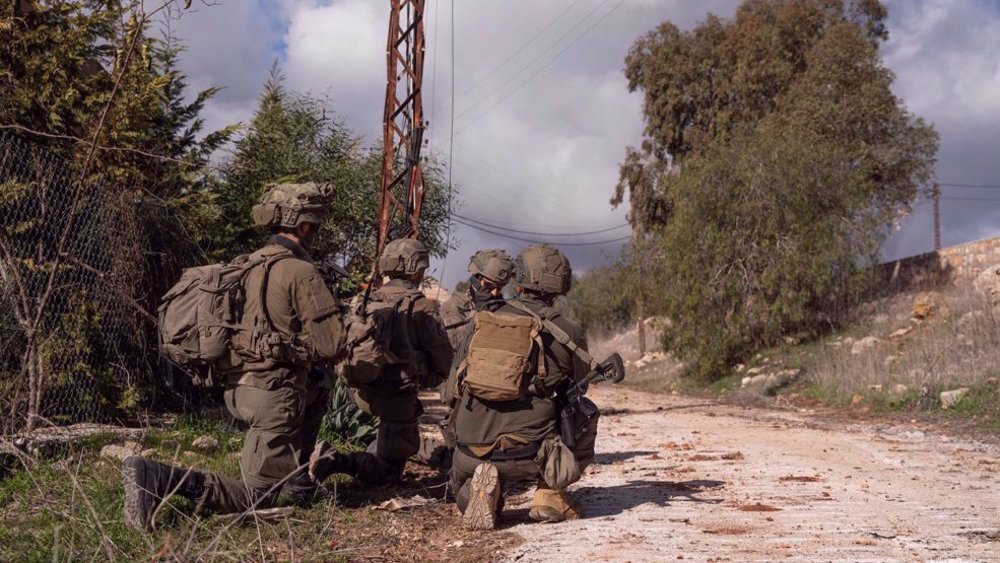
US, France want mercenaries deployed in south Lebanon: Report
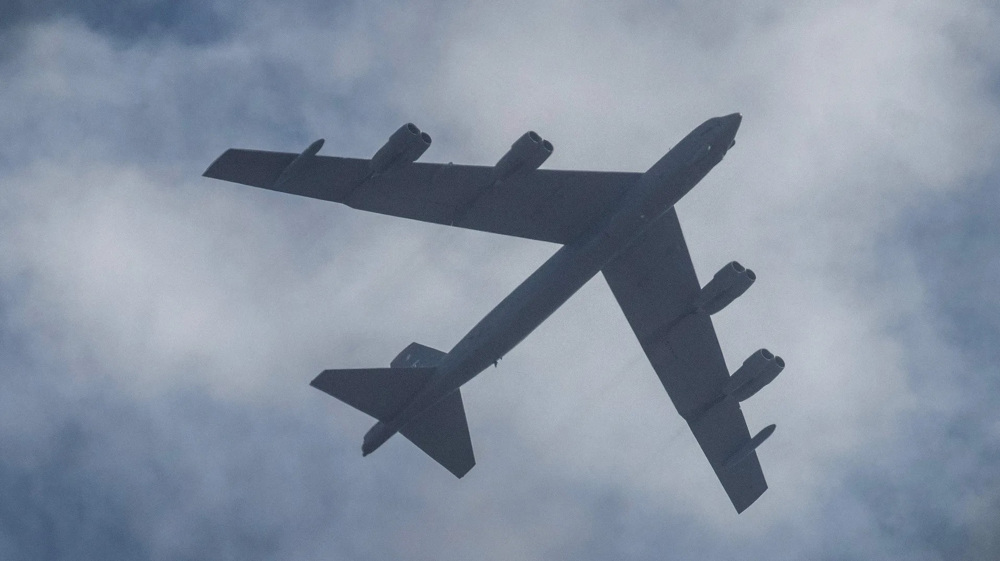
US bombers fly over Mediterranean Sea as delivery of heavy bombs to Israel announced
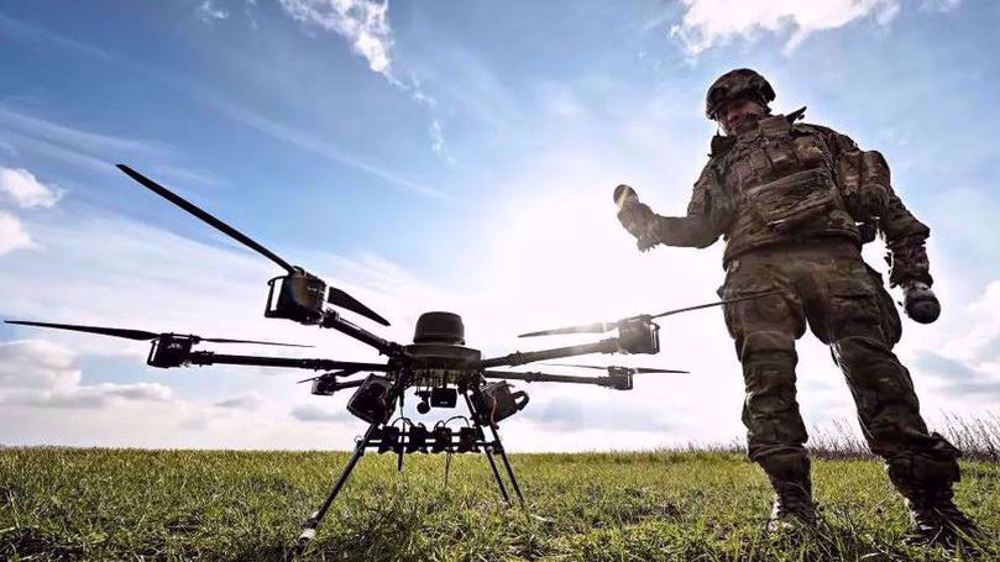
Leaked documents reveal US strategies to prolong Russia-Ukraine war
Multiple bus explosions rock Tel Aviv, instilling fear in settlers and bringing city to halt
Islamic Jihad chief: Victories in Palestine, Lebanon indebted to Iran
Spain remains 'major transit port' for arms shipments to Israel
VIDEO | Back in coffins: Four Israeli captives released in Gaza
Iran raps Grossi's 'political' remarks serving pretext to pressure Tehran
VIDEO | Promoting and preserving the Persian language: A crucial endeavor
President: Mexico won’t accept US ‘invasion’ in fight against cartels
Lebanese return to flattened homes after incomplete Israeli pullout


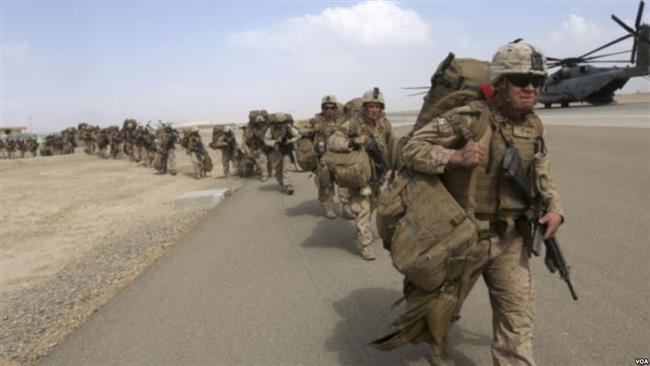



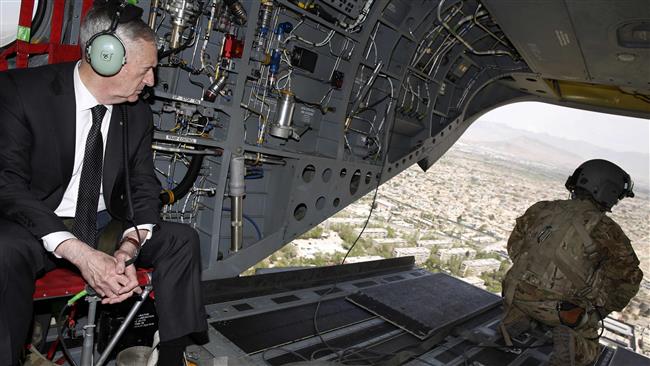
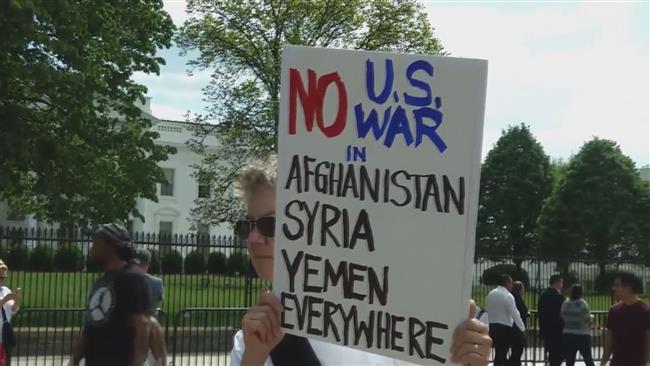

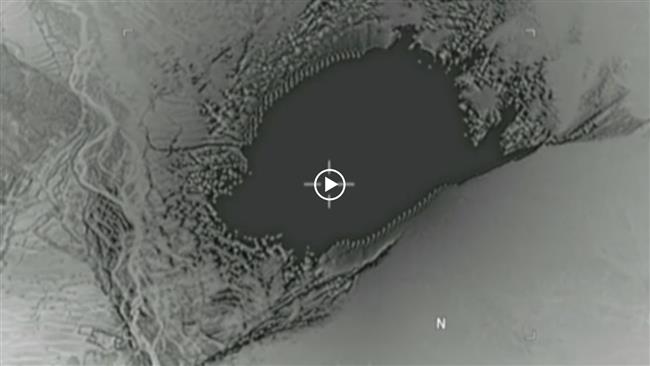
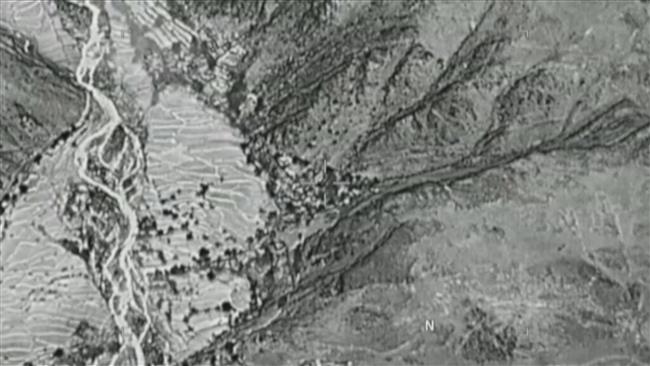
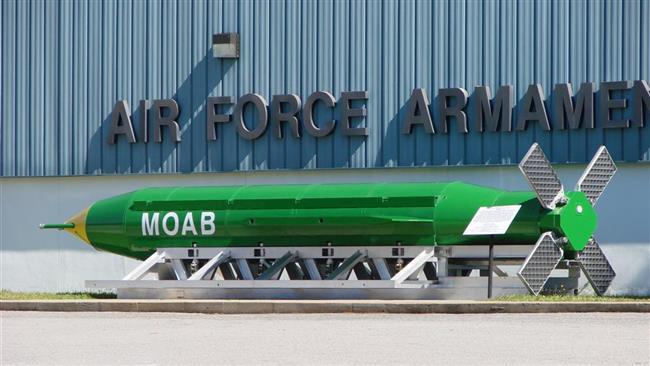
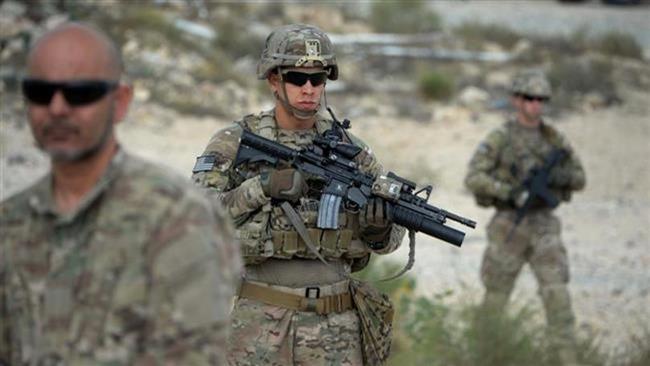

 This makes it easy to access the Press TV website
This makes it easy to access the Press TV website